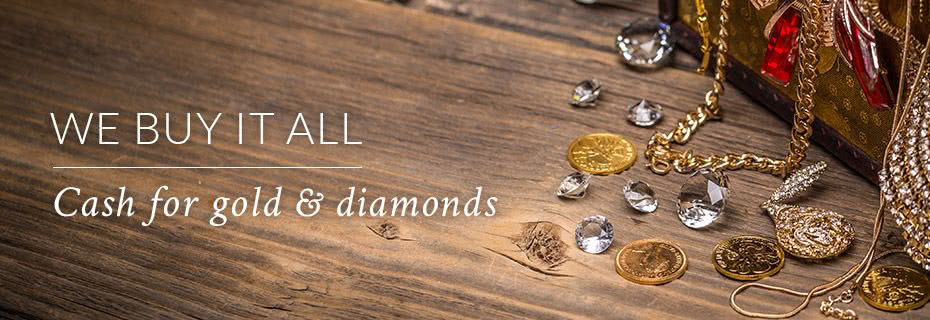Ensuring Openness and Honesty in Precious Metal Supply Networks Utilizing Innovative Tracking Approaches.
Ensuring Openness and Honesty in Precious Metal Supply Networks Utilizing Innovative Tracking Approaches.
Blog Article
Gold is a valuable commodity that has been sought for thousands of years. It is used in ornaments, gadgets, and even as a form of money. However, the journey the metal takes from quarries to buyers can be complex and often misses clarity. This means that it can be challenging to know where the material comes from and whether it was mined in a way that honors ethical standards and the environment. Innovative tracking solutions are developing as vital tools to ensure the integrity of precious metal distribution systems.
One effective method for improving transparency in gold supply chains is the use of blockchain technology. The blockchain creates a tamper-proof digital ledger that logs every transaction involving bullion, from the mine to the retail store. This system allows all participants in the distribution network, including extractors, traders, and end users, to see where the material has been and verify its source. By using ledger-based systems, companies can provide proof that their gold is responsibly sourced, helping to build trust with consumers who are increasingly aware about ethical sourcing.
Another tracking method involves the use of distinct ID tags for precious metal products. These tags can include quick-response codes or RFID chips that store information about the gold’s origin and path through the supply chain. When consumers scan these tags, they can access detailed information about the gold’s history, including where it was mined and why not look here how it was refined. This level of visibility not only helps consumers make informed purchasing decisions but also promotes ethical practices within the sector.
In addition to digital solutions, collaboration among participants is essential for ensuring integrity in gold supply chains. Governments, NGOs, and companies must work together to develop defined policies and standards for sustainable mining practices. By supporting programs such as ethical sourcing certification, these stakeholders can support miners who adhere to transparent practices while also guaranteeing that consumers have access to responsibly sourced gold. Cooperation strengthens responsibility and creates a unified approach to addressing issues related to openness in the market.
In the end, maintaining openness and integrity in precious metal distribution networks supports everyone involved. Consumers gain assurance in their investments when they understand their gold is sourced responsibly. Ethical practices can lead to better working conditions for extraction workers and buying unwanted gold enhance ecological responsibility. As innovative traceability technologies continue to progress, they hold great promise for reshaping how we perceive and engage with gold throughout its journey from mine to market. The long-term outlook of gold supply chains looks more promising as these approaches pave the way for a more ethical marketplace.